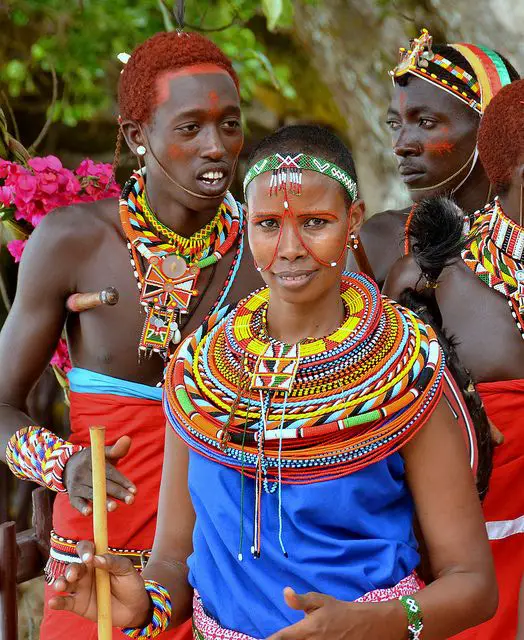For decades, cattle in the traditional African setting have been considered a prime factor in measuring one’s wealth.
In Kenya, the culture is entrenched into the system and the mentioning of cows, sheep and goats is a common phenomenon during dowry negotiations – a tradition practised all over Africa.
While cows take centre stage in dowry negotiations giving way to marriage, the Pokot, Maasai, Turkana and Somali tribes which are predominantly, pastoralist communities have a unique culture.
Here, the exchange of dozens of cattle is the language of the game; the more cows, camels and goats that you have, the better the chances you have to get yourself a fine girl to warm your bed.
The groom presents his bid for marriage to the bride’s family and negotiations commence. The two families; that of the groom and the bride agree on the number of cows, goats or camels to be offered to the bride’s family as a sign of goodwill enshrined in the customary traditions among these communities.
If the young man is not able to give a particular number of animals to the bride’s family, he is allowed to start a family with his chosen woman on condition that he pays off the “debt” over time.
Once all this is settled, the young woman gets rights to land from her husband and milk from the cows in her husband’s homestead. In these tribes, rich men are allowed to marry more than one wife.
Their wealth is measured in terms of the number of cattle they own and size of land which they own. These are crucial yardsticks because each of the wives must have some level of control over the milk from animals and land where they practice small scale farming or grazing land.
In these communities where traditions govern the way of life for the people, divorces are uncommon. It is believed that the ‘open-minded’ nature of customs held by these communities, among them allowing polygamy has suppressed the rate of divorce, especially among men under the age of 40.
Read more
The History Of Kenya’s Staple Dish, Ugali Dating Back To The 19th Century
#seeafricatoday








